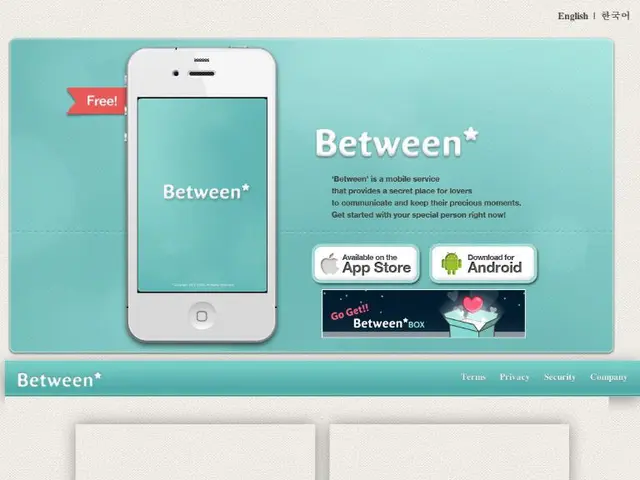Implications of Trump's Executive Orders on Auto Manufacturers
In the wake of President Donald Trump's executive orders, the automotive industry is bracing for changes that could significantly impact the sector.
The elimination of the $7,500 tax credit for electric vehicle (EV) buyers could potentially dampen EV demand and profitability for major automakers like Tesla, Ford Motor Co., and General Motors. However, established automakers with a long history of producing gasoline and diesel vehicles, such as Ford and GM, are likely to benefit from Trump's policies to ease emissions rules.
Automakers, including Honda and BMW, have previously expressed a strategy of retooling for domestic EV production following Trump's election win. Despite Trump's executive orders easing emissions rules and pausing federal funding for charging infrastructure for electric vehicles, automakers will continue with their plans to retool for domestic EV production due to the survival of the tax credits.
Trump's policies could also have a profound impact on tariffs. The President has threatened to implement additional tariffs on China, Mexico, and Canada as soon as February 1. A 25% Mexican tariff could be a headwind for automakers like Ford and GM, as they source a significant amount of parts and production from Mexico. S&P Global expects no changes in tariffs until the renegotiation of the United States-Mexico-Canada Agreement in 2026.
The renegotiation of the USMCA in 2026 could impact tariffs, and tariffs against the U.S.'s neighbors and long-standing trading partners might be nuanced, with specific industries targeted and exemptions for others. The Inflation Reduction Act includes consumer tax credits for EV purchases and leases, which are expected to disappear.
Consumers drive the pace of electric vehicle adoption, according to Stephanie Brinley, S&P Global Mobility associate director of Auto Intelligence. Available incentives and the expansion of charging networks could influence consumers on the fence about buying an EV. The administration has repealed targets established by former President Joe Biden that 50% of new vehicles sold be zero-emission by 2030.
Despite these challenges, S&P Global projects that sales of EVs in the U.S. will continue rising, though at a slower pace, with the new administration in place. The tax credits that led to billions in private investments in battery manufacturing and reducing dependency on imported raw materials for EV batteries are likely to survive under the new administration.
The executive orders signed by President Trump on tariffs and trade policies, including a 25% tariff on imported vehicles and parts starting April and May 2025, are designed to incentivize automobile manufacturers to produce vehicles and parts domestically in the USA. Automakers that assemble vehicles in the US using imported parts can apply for tariff refunds based on the value of US production. This measure likely benefits automakers with significant US manufacturing operations in combustion engine vehicles, such as Ford, General Motors, and Stellantis (Jeep, Dodge, Chrysler), who produce many combustion engine models domestically and could avoid higher import tariffs through local production.
In conclusion, while Trump's policies present challenges for the automotive industry, particularly in the area of EV production and tariffs, they also present opportunities for domestic manufacturing and combustion engine vehicle production. The pace of electric vehicle adoption will continue to be driven by consumer behaviour and the availability of incentives and charging infrastructure.
Read also:
- Stopping Osteoporosis Treatment: Timeline Considerations
- Tobacco industry's suggested changes on a legislative modification are disregarded by health journalists
- Trump's Policies: Tariffs, AI, Surveillance, and Possible Martial Law
- Expanded Community Health Involvement by CK Birla Hospitals, Jaipur, Maintained Through Consistent Outreach Programs Across Rajasthan








